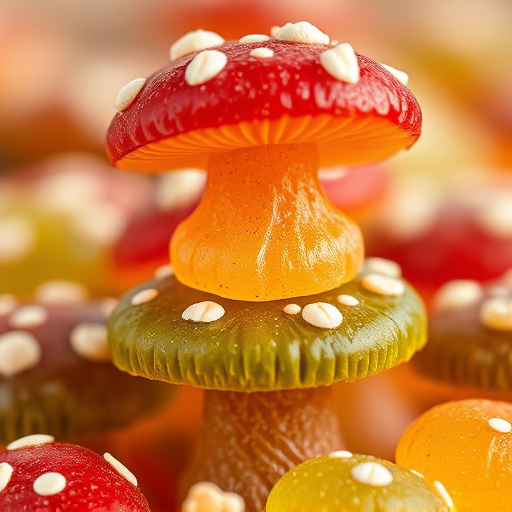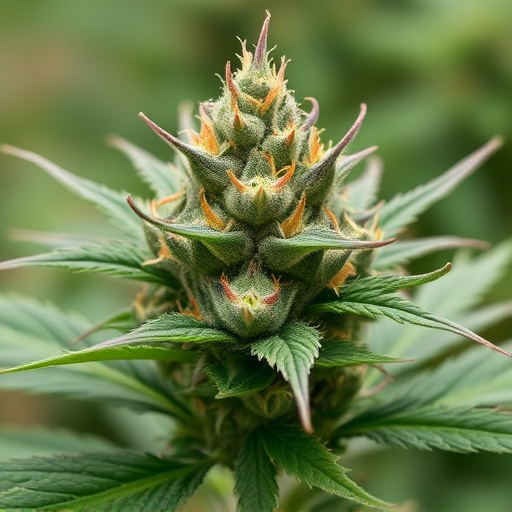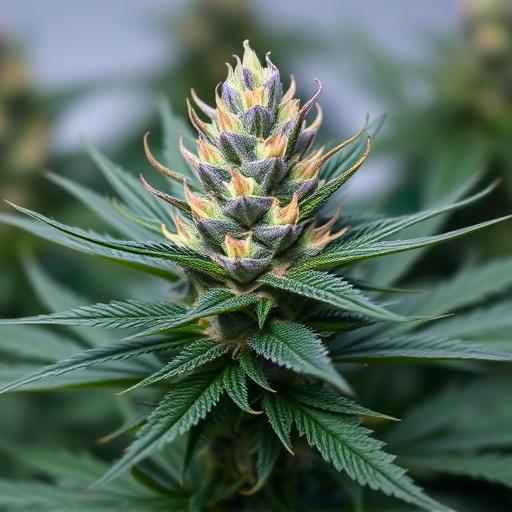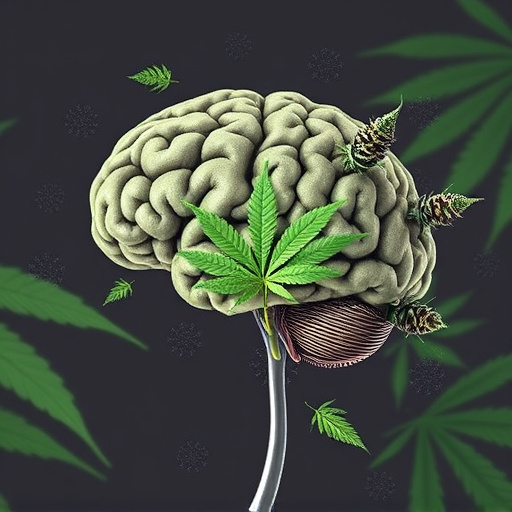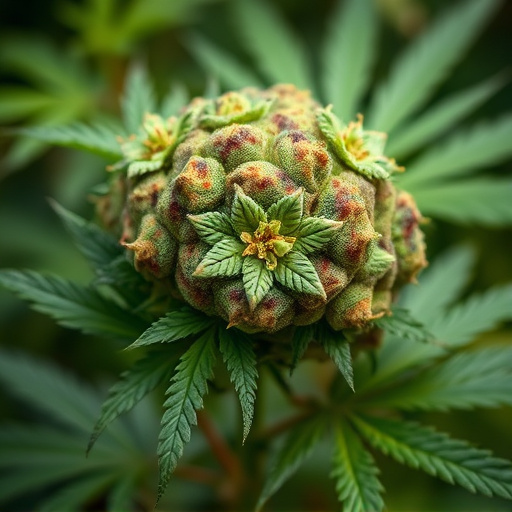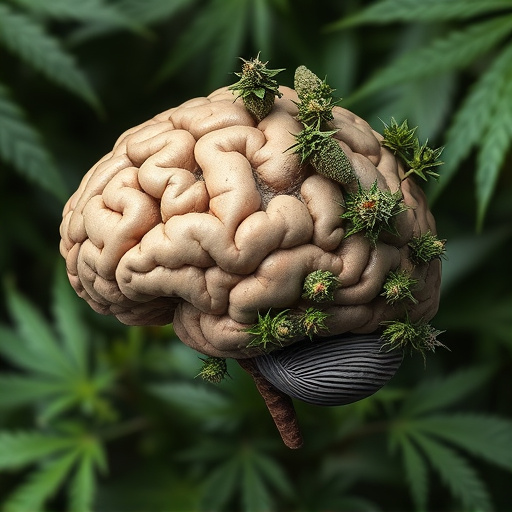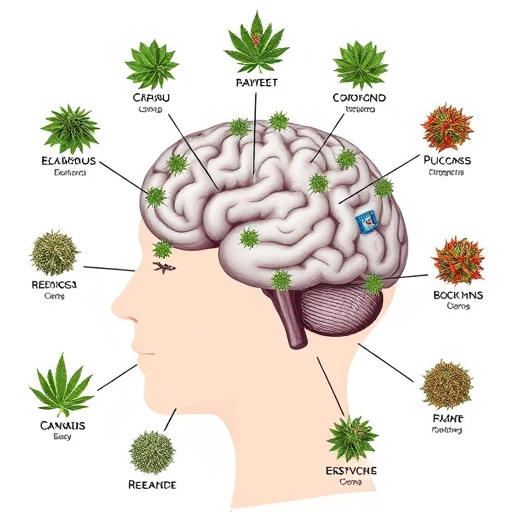Cannabis, through its various strains, offers therapeutic benefits, particularly for epilepsy management. High-CBD, low-THC strains are gaining traction as natural alternatives to conventional medications, reducing seizure frequency and severity. However, excessive consumption, especially of potent forms, carries risks such as anxiety, paranoia, respiratory issues, and hallucinations. Choosing the right strain and understanding dosage are crucial for safe medical cannabis use, making it a promising yet cautious approach for epilepsy treatment.
Can you overdose on cannabis flower? This question has gained prominence as cannabis usage becomes more widespread. Understanding cannabis and its effects on the body is crucial to navigating potential risks, especially in cases of excessive consumption. While generally considered safe, overdosing can lead to adverse reactions. This article explores the potential risks, focusing on cannabis strains for epilepsy as a promising treatment option, with an emphasis on understanding dosage and safety.
- Understanding Cannabis and Its Effects on the Body
- The Potential Risks of Overdosing on Cannabis Flower
- Cannabis Strains for Epilepsy: A Promising Treatment Option?
Understanding Cannabis and Its Effects on the Body
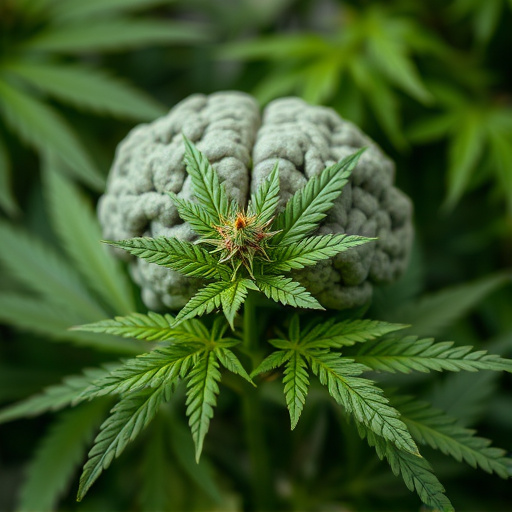
Cannabis, or marijuana, is a complex plant with various chemical compounds, including tetrahydrocannabinol (THC) and cannabidiol (CBD), that interact with our bodies’ endocannabinoid system. While THC is known for its psychoactive effects, CBD has gained attention for its potential therapeutic benefits without the mind-altering properties. The experience of using cannabis can vary greatly depending on the strain, concentration of cannabinoids, and individual tolerance.
When it comes to medical applications, certain cannabis strains are renowned for their effectiveness in treating specific conditions. For instance, cannabis strains high in CBD have shown promise in managing symptoms related to epilepsy, offering a natural alternative for those seeking relief from traditional medications. Understanding the unique properties of different cannabis strains is crucial when considering their use for various health concerns, including neurological disorders.
The Potential Risks of Overdosing on Cannabis Flower
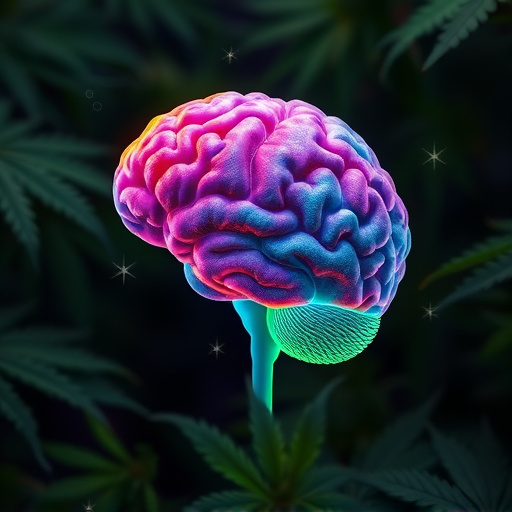
While cannabis flower is generally considered safe, there’s a growing concern about the potential risks associated with excessive consumption, especially in high-potency forms. Overdosing on cannabis can lead to a range of adverse effects, from mild discomfort to more severe complications. It’s important to remember that cannabis interacts with our body’s endocannabinoid system, which regulates various functions including mood, memory, appetite, and pain perception.
For individuals using cannabis for medical purposes, such as those treating epilepsy with high-CBD strains, an overdose can be particularly concerning. High concentrations of THC (tetrahydrocannabinol), the psychoactive compound in cannabis, can induce anxiety, paranoia, and even psychotic episodes. Additionally, consuming too much cannabis may lead to respiratory issues, dizziness, nausea, and in extreme cases, temporary hallucinations or delusions. Understanding dosage and choosing strains suitable for one’s specific condition is crucial to mitigate these potential risks.
Cannabis Strains for Epilepsy: A Promising Treatment Option?
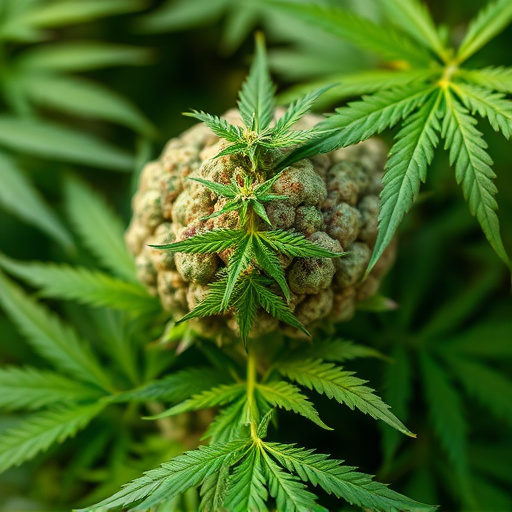
Cannabis has gained attention as a potential treatment for various medical conditions, and one area where it shows promise is in managing epilepsy. Several cannabis strains are being studied for their anti-seizure properties, offering hope to individuals living with this chronic condition. Research suggests that specific cannabinoids present in cannabis, such as CBD (Cannabidiol) and THC (Tetrahydrocannabinol), may help reduce the frequency and severity of seizures.
While THC is known for its psychoactive effects, CBD has gained popularity due to its potential therapeutic benefits without the high associated with traditional cannabis use. Some cannabis strains are bred specifically for their high CBD content, making them attractive as a natural approach to epilepsy management. These strains could offer an alternative treatment option for those who seek relief from conventional medications or want to explore complementary therapies.
While cannabis flower is generally considered safe, understanding its potential risks, especially in cases of overdose, is crucial. Despite popular belief, it is indeed possible to overdose on cannabis, leading to temporary but uncomfortable symptoms like anxiety, paranoia, and disorientation. However, the risk of a fatal cannabis overdose is extremely low due to its low toxicity. Research into specific cannabis strains for epilepsy has shown promising results, offering a potential game-changer in medical treatment. As we continue to navigate this evolving landscape, further studies are needed to explore the full scope of cannabis’s effects and ensure safe usage.
